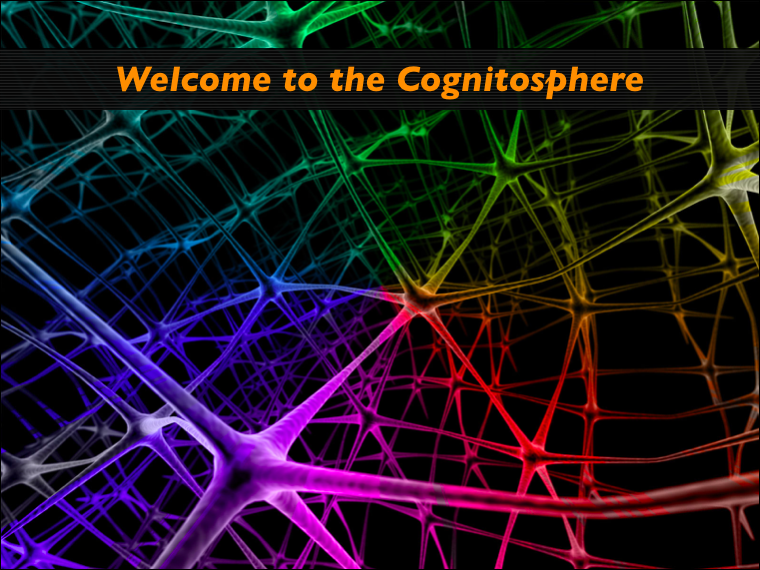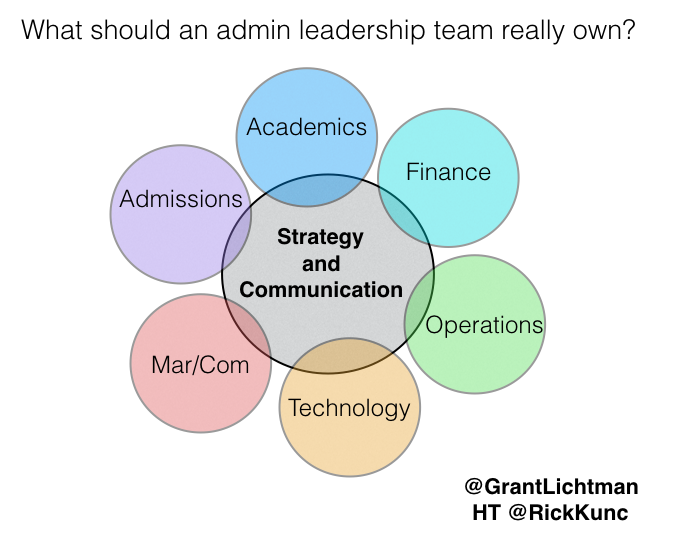Bob Gillingham of the Parker Lower School forwarded me an article by Grant Wiggins yesterday, in which he so clearly articulates the need to shift from content-based learning to a more contextual framework. He correctly argues that this is not and can not be a gradual shift, nibbling at the edges of the current model of learning:
“Suppose knowledge is not the goal of education. Rather, suppose today’s content knowledge is an offshoot of successful ongoing learning in a changing world – in which ‘learning’ means ‘learning to perform in the world.’
This is a wonderfully succinct statement of what so many of us are saying. Learning has been largely focused on the critical relationship between teachers, students, and knowledge, and that relationship can no longer be the nexus of learning. With ubiquitous connections amongst the billions of teachers and learners in the world, and with an increasingly fuzzy line between what defines teaching and learning, we have to reassess the fundamental conditions that drive education. We still need to teach and learn content, but the process of learning is vastly more critical than each specific of what we learn.




Well said, Grant. We all appreciate you championing this kind of thinking!
Thanks, Bob; let’s get the faculty really engaged in this thinking. The Lower School can lead the way!
I agree but putting these changes into affect is more difficult than it looks. So often schools try to make this new process fit into existing structure and it becomes a poster for the school rather than the culture. 21 century learning has be driven by the philosophy of the schools and school’s mission statements need to reflect this new direction. As long as we have teachers who feel that current practices are good enough, education will be behind the 8 ball again.
I could not agree more, Ken, and thanks for this comment. We have been nibbling at the edges of the problem, and school leaders must now reconcile institutional structures that are resistant to change, and make them adaptable. This will start with a clear statement that new learning directions are required, not optional. Then comes the real work of finding time for the serious professional development for making the change. That is what I plan to work on in the time ahead and appreciate your comments.
Grant, I think you and I agree that it’s a both-and value proposition to integrate content and context. Even yoked together, one is the cart and the other the horse. For too long, content has been the cart leading the horse. But the context horse is what gets our content cart where it can be usefully and gainfully applied. Outside school (early childhood and post university) context is what drives us to learn content. We want to build a house, so we learn to use a hammer or nail gun. School is the only place where we are lectured about how to use a hammer, but rarely given a nail to use with it…much less a house to build.